Vitamin D is called the sun vitamin for a reason. We associate it with summer, sunbathing, sunny days, because that's when we synthesize it through our skin. But is it enough? Vitamin D in summer should only be synthesized, or should it be supplemented? Should you take vitamin D in the summer? These questions are not at all unreasonable - especially due to the fact that in summer we do not care at all about a lot of sun exposure.
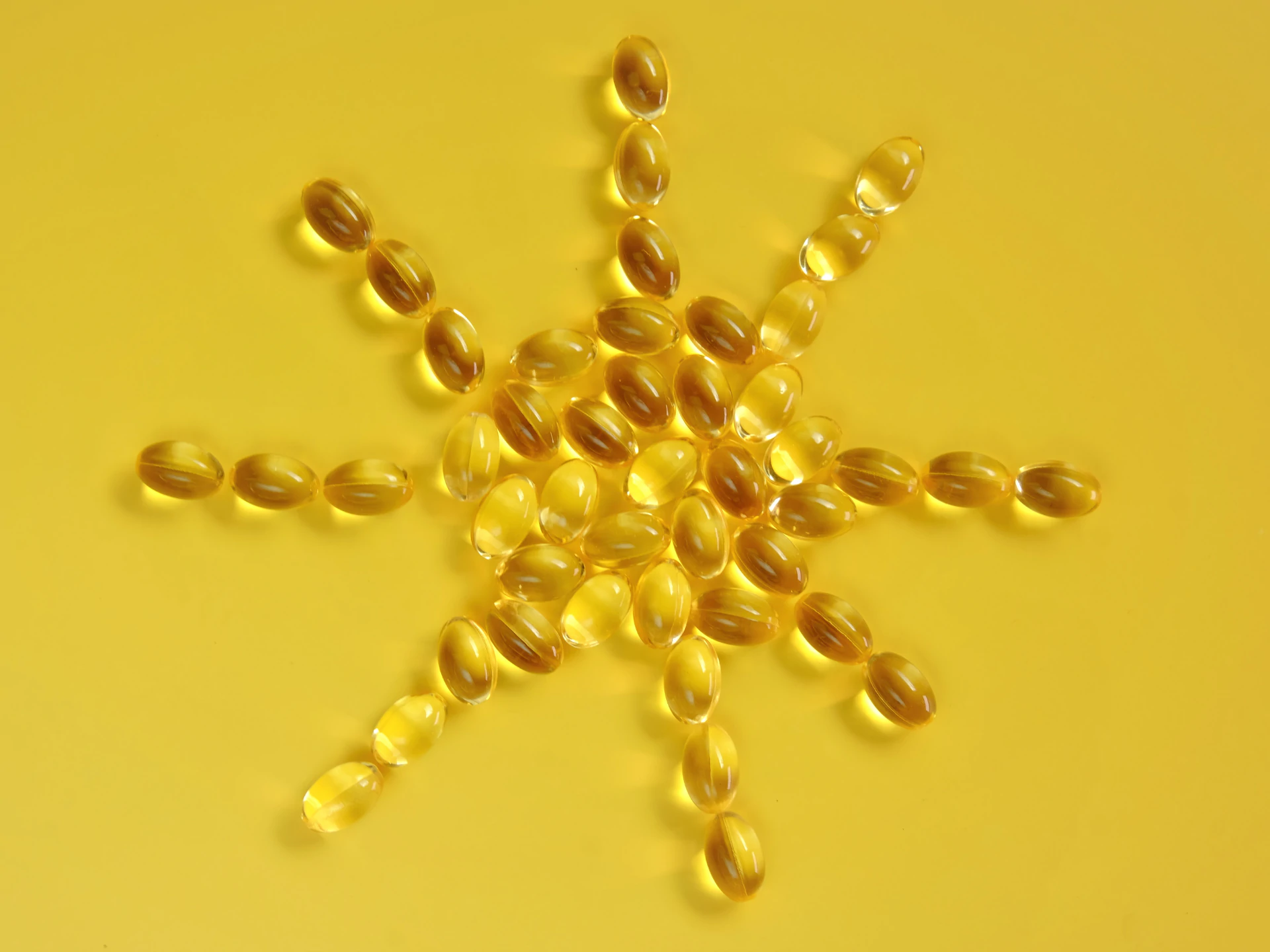
Why is vitamin D important?
Vitamin D is essential for bone and dental health, but not only. It performs many key functions in the body, which is why it is considered one of the most important vitamins for our bodies. And unfortunately it is still, despite many public campaigns, severely deficient. And yet vitamin D is responsible for so many functions!
- It supports the immune system.
- It influences bone and muscle health.
- Regulates mood and brain function.
- Reduces the risk of chronic diseases.
- Influences the proper functioning of the endocrine system.
Because of such wide-ranging effects on health, it is worthwhile to ensure that vitamin D levels - summer, winter, whatever the season - are always high.
Vitamin D in summer, and the sun. Are we synthesizing enough vitamin D?
Many factors affect synthesis by the skin. And indeed, it may turn out that vitamin D supplementation in summer is not the worst idea. Why? Vitamin D production in the skin is influenced, if only by latitude and time of day. While in summer, and even earlier, from April to September, the sun is high enough in Poland to provide us with an adequate amount of UVB radiation, the time of day is not so kind to us. The most UVB reaches us between 10 a.m. and 3 p.m. What do you usually do during these hours? Not everyone is able to sunbathe then - most of us are working, studying, taking care of the house then. In short: sitting indoors. Away from the sun. Even considering that we only need 15-30 minutes a day with our face, arms and legs exposed to ensure that we get an adequate dose of vitamin D, it can be really difficult. Then there's the factor of skin color - darker skin synthesizes less vitamin D than fair skin.
Interestingly, vitamin D synthesis is not much affected by UV filter. Although older studies said the opposite, today we know that even SPF50 cannot cause vitamin D deficiency in the body
[1]. Unfortunately, the lack of any sun exposure due to lifestyle, is already very dangerous for us.
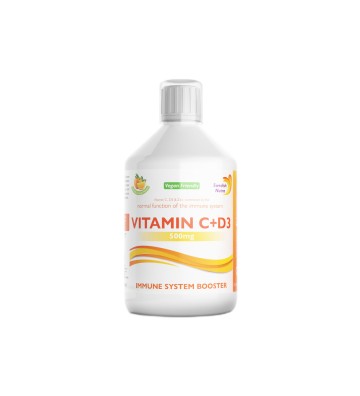 Vitamins and minerals
Vitamins and minerals
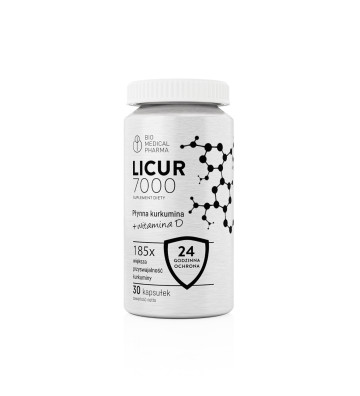 Immunity
Immunity
-10%
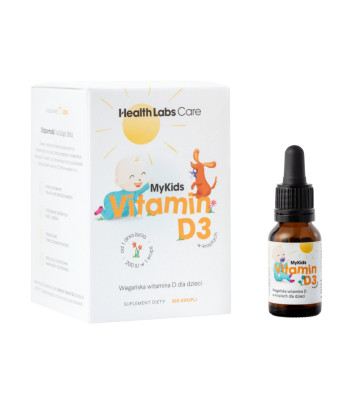 Immunity
Immunity
-12%
New
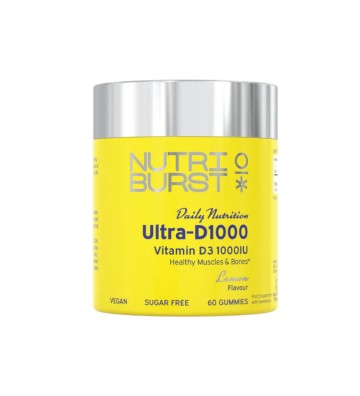 Bones and joints
Bones and joints
-10%
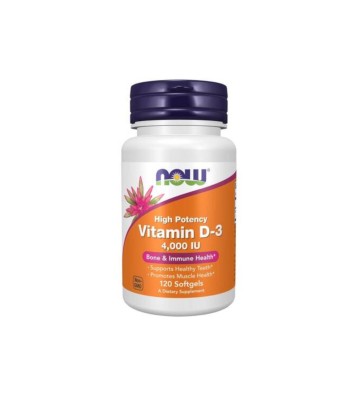 Immunity
Immunity
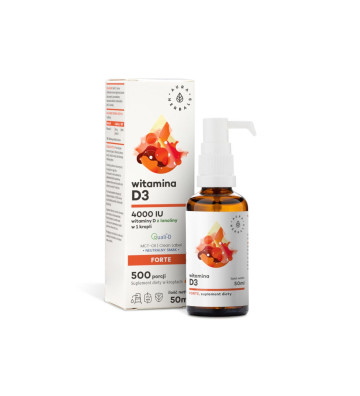 Immunity
Immunity
-5%
Vitamin D3 4000 IU, MCT, drops 50ml
Regular price
31.90 zł
Price
30.31 zł
The lowest price in the 30-day period before the reduction: 30.31 zł
60.61 zł / 100ml
Availability: 24 In Stock
Vitamin D in the summer - is it worth supplementing?
Is it possible to take vitamin D in the summer? As much as possible! It is not uncommon for specialists to recommend its supplementation all year round - especially for people who may have difficulty supplying it naturally.
- If you avoid the sun.
- If you spend a lot of time indoors.
- If you have a darker complexion.
- If you are at risk of deficiency - that's children, the elderly, pregnant women and people with chronic diseases.
Vitamin D supplementation in the summer will be advisable for you. Much also depends on what your blood says - testing is advisable as much as possible. Together with your doctor, decide whether vitamin D supplementation in summer is a good option and in what amounts to take the vitamin.
Dosage in summer - how much to take vitamin D?
The optimal dose during the summer is between 800 and 2,000 units per day for people between the ages of 19 and 65. Children should take 600 to 1,000 units during this time, although this depends on what your pediatrician says. Should I give my child vitamin D in the summer? If he or she spends little time outdoors or is otherwise deficient in this vitamin, yes, it is necessary. Vitamin D in a child is crucial to take care of bone and dental health. The elderly, those over 65, as well as pregnant and lactating women, should consult a doctor to determine the optimal dose of vitamin D.
Should you take vitamin D in the summer? The answer depends on individual habits, lifestyle, and genetics. If you spend at least half an hour in the sun every day,
a vitamin D supplement may not be necessary for you. However, if you have limited exposure, it is worth considering supplementation to ensure that you have adequate levels of vitamin D in your body. It is also necessary to monitor its levels to adjust the dose to your needs. Bone health, immunity and well-being are, after all, something worth taking care of all year round.
Source




 THEGLOOW.COM specialists
THEGLOOW.COM specialists
 Responsible supplementation - the key to individual success
Responsible supplementation - the key to individual success
 A healthy lifestyle is a kind of balance. Agnieszka Woźniak-Starak
A healthy lifestyle is a kind of balance. Agnieszka Woźniak-Starak